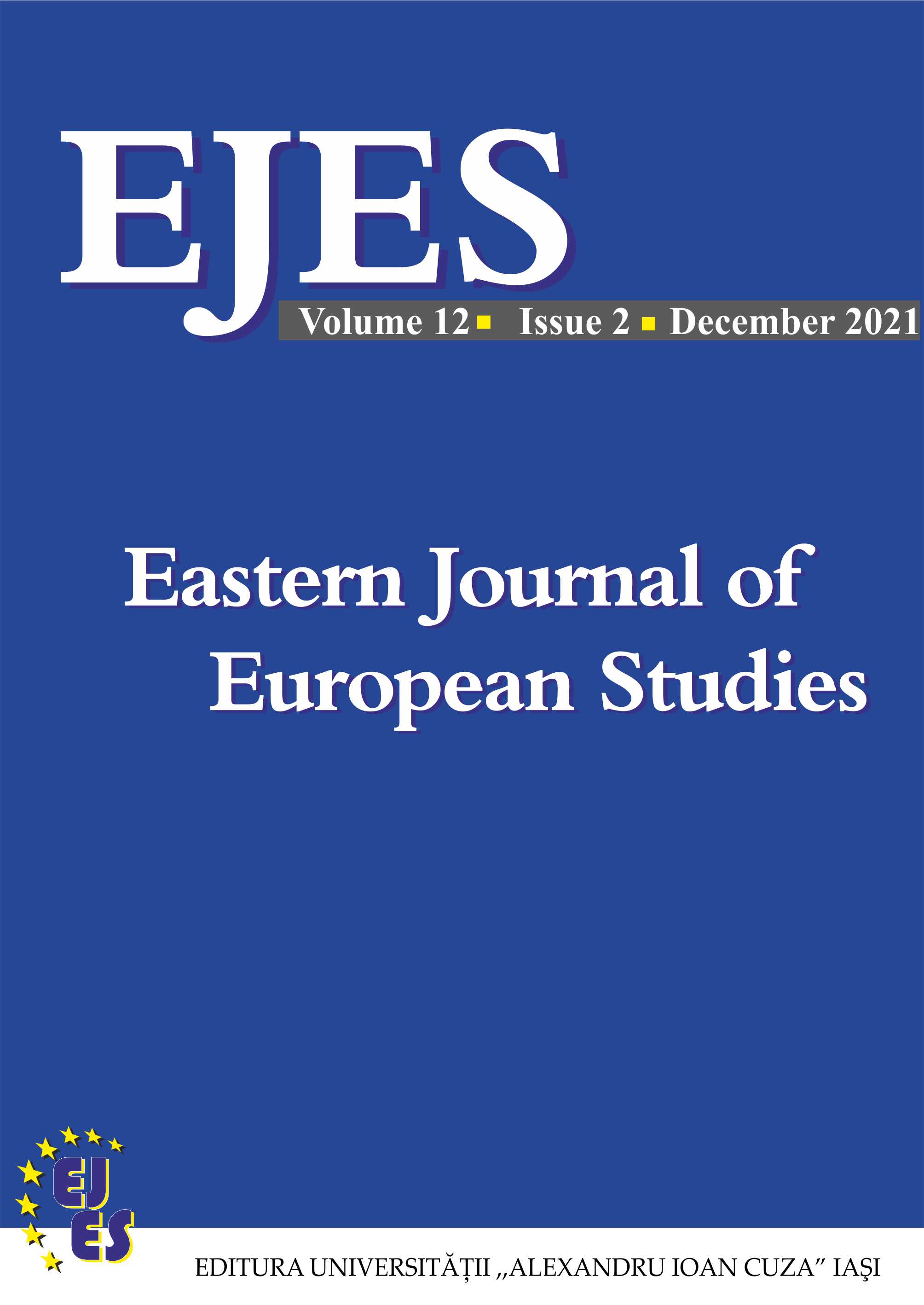Diplomacy, hybrid leadership, and EU actorness: assessing the role of EU High Representative Catherine Ashton in the 2013 Kosovo-Serbia agreement
Diplomacy, hybrid leadership, and EU actorness: assessing the role of EU High Representative Catherine Ashton in the 2013 Kosovo-Serbia agreement
Author(s): Ines M. Ribeiro, Stylianos KostasSubject(s): Economic policy, Developing nations, Inter-Ethnic Relations, EU-Accession / EU-DEvelopment, Asylum, Refugees, Migration as Policy-fields
Published by: Editura Universităţii »Alexandru Ioan Cuza« din Iaşi
Keywords: European Union; High Representative; Leadership; Actorness; Kosovo; Serbia; Western Balkans;
Summary/Abstract: Over the last decade, the role of the European Union (EU) High Representative (HR/VP) became increasingly salient. However, a systematic understanding of how this figure's leadership shaped the character of EU diplomacy and actorness in peacekeeping is lacking. To address this issue, we analyse Catherine Ashton's leadership (as the first HR/VP post Lisbon Treaty) in the 2013 Kosovo-Serbia agreement, a high point of her tenure. We argue that Ashton's success is largely due to her hybrid leadership, alternating between transactional and transformational and capitalising on the EU's presence and opportunities as an international actor. We propose the concept of hybrid leadership as an analytical tool and illustrate its relevance in an empirical case study. Our examination of Ashton's hybrid leadership contributes to shedding light on the potential role of the future HR/VPs and on how these can reinforce EU leadership, diplomacy, and actorness, contributing to reinforcing the corresponding academic debates.
Journal: Eastern Journal of European Studies
- Issue Year: 12/2021
- Issue No: 2
- Page Range: 66-85
- Page Count: 20
- Language: English

